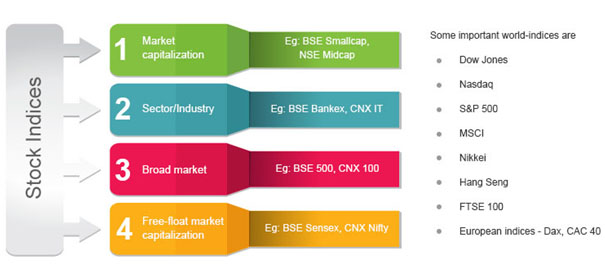
 Contact us: +91 80 9576 6699
Contact us: +91 80 9576 6699 Email us: support@vinfinedge.com
Email us: support@vinfinedge.com


A derivative is a security in the form of an agreement signed between two or more entities to buy or sell assets in the future. This agreement is called a contract. Investors make profits by anticipating the future value of that asset.
Investors trade equity derivatives in order to transfer or transform the risks associated with assets. This risk is shifted from risk-averse individuals to those who undertake heavy risks in the share market, thus allowing the former to enhance their safety.
Many investors, while retaining their shares for a long term, wish to reap the benefits of price fluctuations in the short term. This can be achieved through physical settlement, thereby allowing
Investment Banking:
The process of hedging involves investing in related securities to reduce the risk of an adverse change in prices of an asset. This will not only allow you to protect yourself from a fall in the prices of shares that you own but also act as a safeguard against the rising prices of shares that you wish to buy.
Arbitrage trading involves the simultaneous selling of an asset in one share market and buying in another to profit from the difference in price. In India, these two markets are the National Stock Exchange (NSE) and Bombay Stock Exchange (BSE). A profit is earned because the share has more value in one market and is cheaper in the other.
While trading on a contract, you only pay a margin and not the entire amount, which could sometimes run into large amounts. This will allow you to maintain a high outstanding, and the profit earned from
